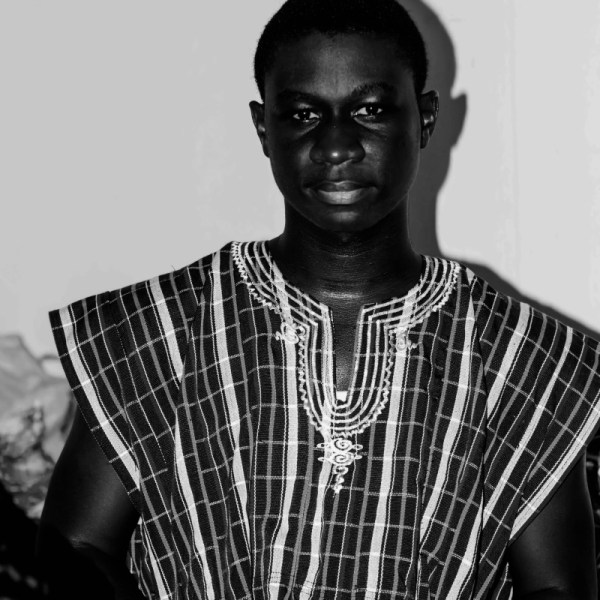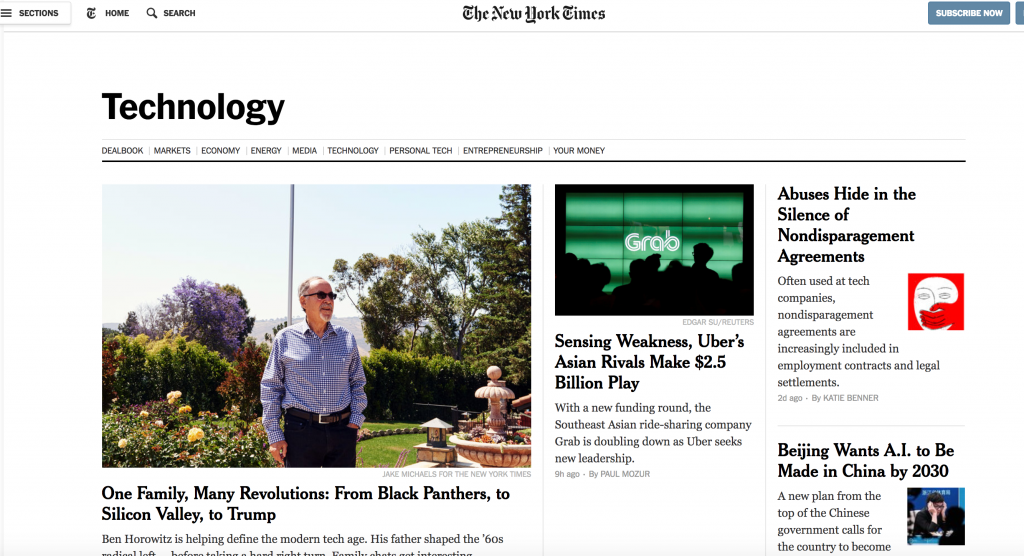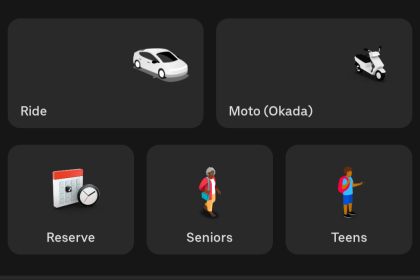I wasn’t really going to weigh in on the topic but here we are.
First things first: There was a story about a 19-year-old student, Gabriel Opare, from the University of Ghana, who was said to have “built” a search engine that could rival YouTube. I saw the headlines and made a note to check out the story later.

But it didn’t take too long before the story took off and was all over the place. Unfortunately, there wasn’t enough background checks or in-depth reporting because it would appear that this “search engine” wasn’t all it was cracked up to be.
The young man in question appears not to have actually “built” a search engine but rather a search “site”. The website uses what are called “APIs” to search and show the user videos depending on what they searched for. This wouldn’t seem like a big deal but when we have headlines which say the young man built a site to “Rival Google”, there’s a lot of questions to be asked.
There has been a lot of debate about this story within the tech community. There have been words thrown around like “fraud”, “boy genius” and “scam”.
The story of Mudclo seems to be reaching international press with rumours of BBC journalists requesting interviews.
So how did this story blow up so quickly and why wasn’t more due diligence done before this story was released to the public?
I think the answer lies with the hype machine that we call the Ghanaian Media. Honestly, we need to have a conversation about tech journalism and how technology stories are covered.
Will The Real Journalists Please Stand Up?
For the record, I am NOT a “certified” journalist. I have been writing/blogging for close to seven years and some of the stories I write do require some fact finding and original sources. Of course, there’s always that debate about whether bloggers can be considered journalists. But that’s a debate for another forum.
From my perspective however, what is currently happening in the field of Ghanaian media and journalism is not encouraging. There is a lot of “copy and paste” when it comes to publication of news stories. There are too many stories which are easily replicated and regurgitated across different online news platforms without due diligence paid to the story or the original source of the story.
When the Mudclo story was first published, was there no person/journalist/writer who could have checked his/her sources to actually verify whether this website actually existed? Did nobody try to get in contact with the young man to get clarification on what his website was about? And what’s with the headlines of Mudclo “rivaling” Google?
As the main title of the article suggests, maybe we might need more “technology” journalists covering these kinds of stories. It seems everyone just got excited and shared without looking at the details. Critical thinking and skepticism seems to have been forgotten and everyone wanted to publish “first” than to actually fact check.
Is the Online Ghanaian Media A “Fraud”?
The above sub heading simply asks a question but I think it’s relevant to ask. Is the word “fraud” an appropriate choice of words for our current media?
There are far too many sensational and clickbait headlines written for shock value and quick views. Other times, there doesn’t appear to be standards enforced when it comes to what is written in online media and even printed media.
Honestly, it sometimes feels like a bunch of 16 year old boys were hired to write stories online with no oversight. Case in point, the lead written below by JoyNews Online:

The above story was either written by a pubescent teenage boy or the writers of this were immature grown men or women.
There are many examples of this kind of material written online. Most have no sources or have hard-to-verify “anonymous” sources. At what point do we just call some online sites what they are: Aggregators and Gossip sites?
If the Ghanaian Online media just keeps reproducing stories that they don’t verify themselves, aren’t they also peddling in “fraud”?
Why Tech Nova Was Created
The reason I created Tech Nova was to try and fill the gap left by the mass media especially in the coverage of technology stories. It all came to a head with last year’s story of the creation of Accra’s Digital Center. There was no follow up to the story after the launch and no questions were even asked about how the Digital Center was to create “10,000” jobs.
But it would appear that the launch of that event was just for show (See: Smokescreen: What Happened To The Accra Digital Center)
Thankfully, there are writers and bloggers like Claude Ayitey from Gharage who was able to gather more details about the center and wrote an article on it.
But this is not the first tech story to not get a follow up. There have been numerous stories published with scarce details. Honestly, there’s a lot of material to be covered in the Ghana tech scene.
Did you know that Ghana has a very diverse community of developers known as DevCongress? Did you know that Ghana is one of the few countries in West Africa with a Planetarium?
There are numerous technology stories out there which need to be covered. I’m doing a small part along with other tech bloggers but it’s not enough.
As Ghana’s tech scene becomes bigger, it needs to be covered properly by the media and journalists and not be sensationalized like this Mudclo story.
Where Do We Go From Here?
I wasn’t writing when stories like Fauster Atta Mensah, the man who claimed he was from NASA and won a Nobel Peace Prize emerged. I wasn’t around when the Anansi OS was introduced and quickly lost steam afterwards. However, if I was writing at the time, I would have probably done a bit more due diligence and stated my skepticism about those projects.
But those are just examples of how the media can easily be fooled. How the media did not get a source or confirmation from NASA or other sources about the Nobel Peace Prize “winner” baffles me. So like I said, it would appear that our media itself is a fraud.
Tech Nova is a just a small website in the ever growing tech space in Ghana. There are other tech sites doing great work covering technology. Gharage, Afd-Tech Talk, The Flint, Khophi’s Dev, Jbklutse.com, Dartey Obeng and Accra Connect are all doing their part to contribute. But it’s hard to get a voice in and sway the narrative when most of the traffic goes to Ghanaweb and MyJoyonline, all of which don’t seem to have dedicated technology writers or technology sections on their sites.
When we get to the point of having technology sections in Ghanaian media like the New York Times and Wall Street Journal have, then maybe we can push more well researched tech stories to the public.

Final Point
And just a last point about Mudclo. Let’s get facts straight: It’s not what it claims to be. It’s not an “engine”. It does searches and queries. I see the young man who built the site is going to get his 15 mins of fame but eventually, that spotlight will shift elsewhere unless he actual does something with his new found fame.
I understand how people will say he’s just 19 years old and we need not “bully” but rather encourage him. That’s understandable. But those who do heavy development and know the details of search engines and application development have a right to call out what they see. It might be semantics and choice of words but, there is a reputation to protect in the Ghanaian tech scene and it seems reasonable that they would be defensive.
There will be more retweets and more sharing of the Mudclo story but I think it will eventually burn out like other overhyped products. I can almost guarantee that the Ghanaian mass media will move on and overhype another product that seems to fit their narrative.
Hopefully, there will be better and more honest reporting of stories like this and maybe our Ghanaian media and journalists can do better.










